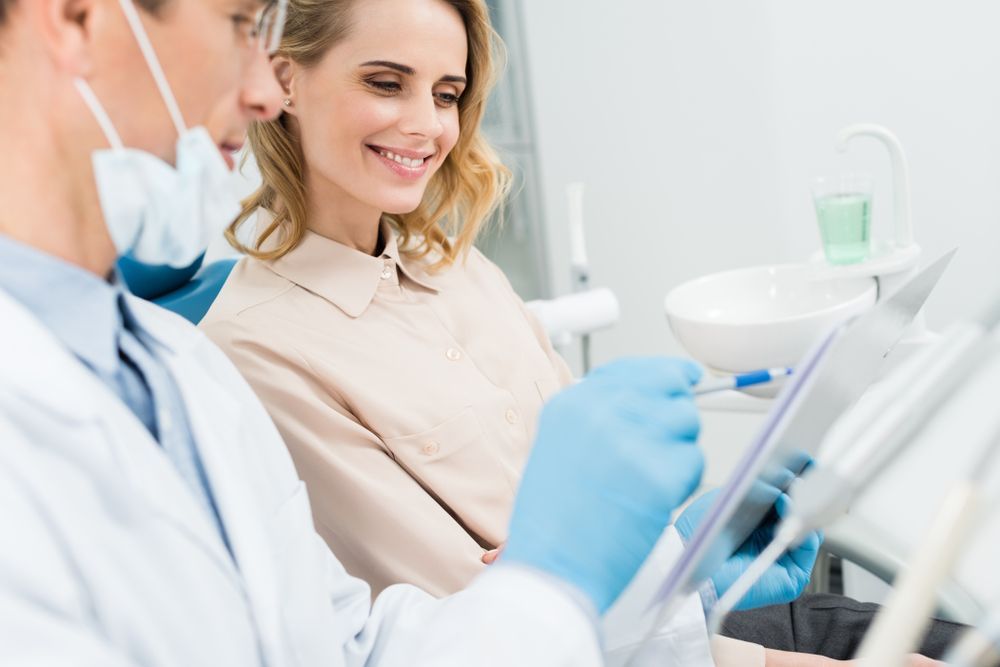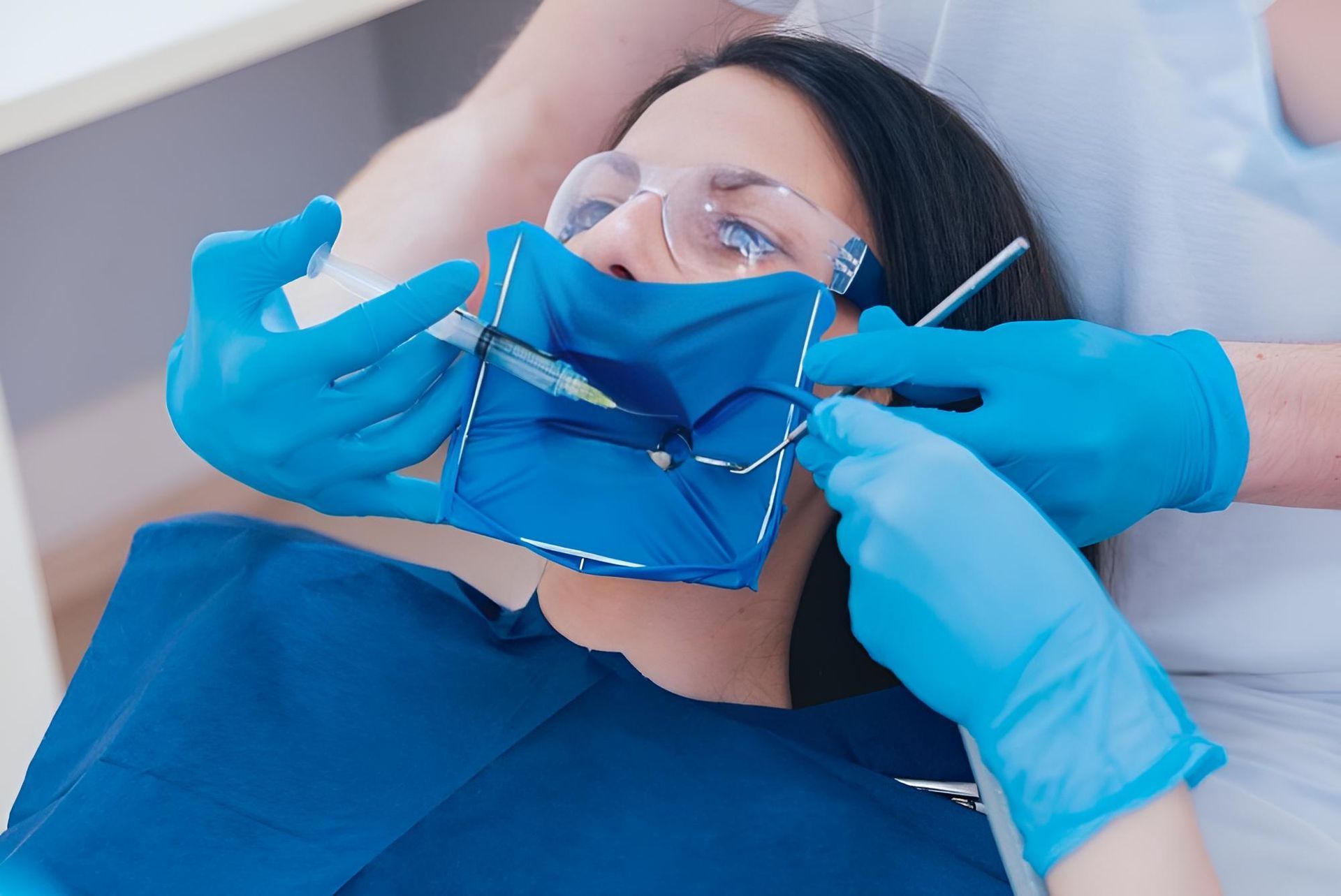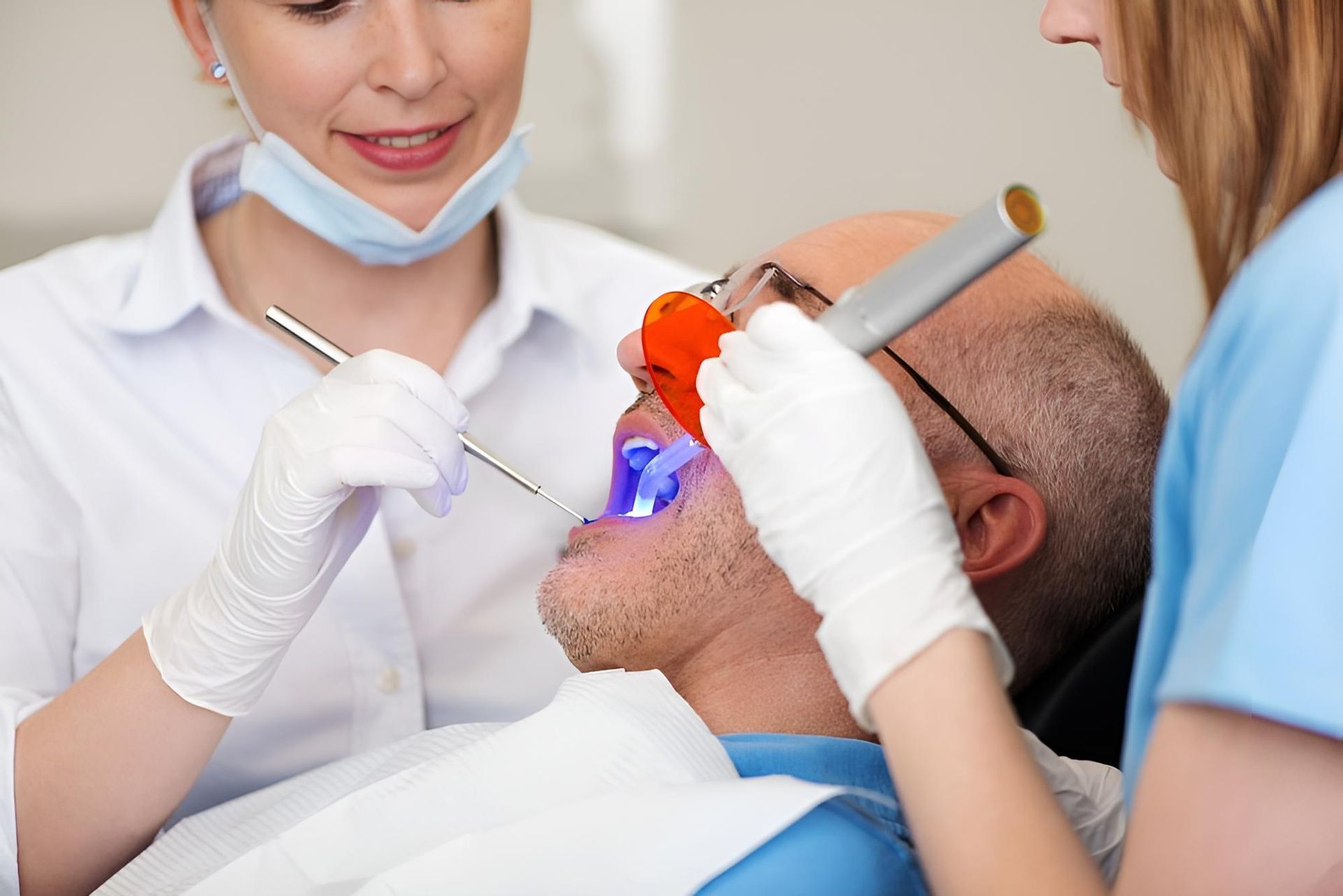Trower Dental
Cracked Teeth Treatment in Darwin
- Holistic Dental Approach
- Comprehensive and Affordable Care
- Patient-Centred Comfort
Request a Call Back
Thank you for contacting Trower Dental.
We will get back to you as soon as possible.
Oops, there was an error sending your message.
Please try again later.
Proven Methods for Seamless Restorations
A cracked tooth may begin as a minor issue but can progress if left unaddressed. Whether caused by biting something hard or gradual wear, cracks can compromise both strength and function. At Trower Dental, we provide cracked teeth treatment in Darwin that considers your individual needs and circumstances.
Assessment involves examining the location and extent of the crack to identify the most appropriate treatment, which may include a filling, dental crown, or root canal therapy. The focus is on conserving natural tooth structure wherever possible and managing concerns early to reduce the risk of further complications.
If you’ve noticed pain when chewing or sudden sensitivity, it’s worth getting it checked. Call us on
(08) 8945 4022 to book. We also offer custom
mouthguards to help you protect your teeth from damage.
Examples Of Our Cracked Teeth Treatments
Cracked teeth can vary in severity and location, which means treatment options need to be carefully considered. At our practice, we offer several approaches for cracked teeth treatments, depending on the extent of the damage and your individual needs:
- Dental Crowns: A crown covers and protects the cracked tooth, helping restore its shape and function.
- Tooth-Coloured Fillings: Small cracks may be repaired with composite resin to prevent further damage.
- Root Canal Therapy: If the crack extends into the pulp, root canal therapy may be used to remove damaged tissue.
- Tooth Extraction: Severely cracked teeth that cannot be saved may require removal.
- Occlusal Splints: These are custom-made mouthguards that help reduce pressure from grinding, which can worsen cracks.
We’ll assess the best course of action based on your symptoms and the tooth’s condition. Get in touch today to learn more about how we approach cracked teeth treatments.
Cracked Tooth? Don't Panic!
If you’ve suffered a cracked tooth, it’s important to take action as soon as possible to help minimise further damage or discomfort. Cracks can result from biting something hard, trauma to the face, or teeth grinding. Even if the pain subsides, the crack may still worsen without attention.
Avoid chewing on the affected side, and rinse your mouth with warm water to keep the area clean. If swelling or discomfort is present, a cold compress on the outside of your cheek can help. Over-the-counter pain relief may assist in managing symptoms temporarily.
Contact Trower Dental as soon as you notice a crack, no matter how minor it seems. We help clients assess the extent of the damage and decide on the best solution. The sooner you get in touch, the more likely we can help preserve your natural tooth.
What are the common signs of a cracked tooth?
Common signs include pain when chewing, sensitivity to hot or cold foods, and discomfort that comes and goes. You may also notice sharp pain when releasing a bite or swelling around the affected tooth. Sometimes the crack is not visible to the eye, but the symptoms can still be felt. In some cases, a cracked tooth may cause no symptoms until it becomes more severe or infected.
Can a cracked tooth heal on its own?
A cracked tooth cannot heal itself because enamel doesn’t regenerate. Leaving it untreated may allow the crack to worsen, potentially causing infection, increased pain, or the need for more invasive treatment. While minor discomfort might temporarily subside, the crack typically remains and can deepen over time. Seeking dental assessment is the safest approach to prevent further complications and to determine the most appropriate course of action based on the type and extent of the crack.
What causes teeth to crack?
Teeth can crack from various causes including biting down on hard foods, chewing ice, grinding teeth during sleep, or experiencing trauma to the mouth. Age-related wear and weakened tooth structures from large fillings or repeated dental work can also increase risk. Sudden temperature changes in the mouth, such as eating something hot then drinking something cold, may also contribute. Identifying risk factors can help reduce the chances of future cracking and protect your dental health.







